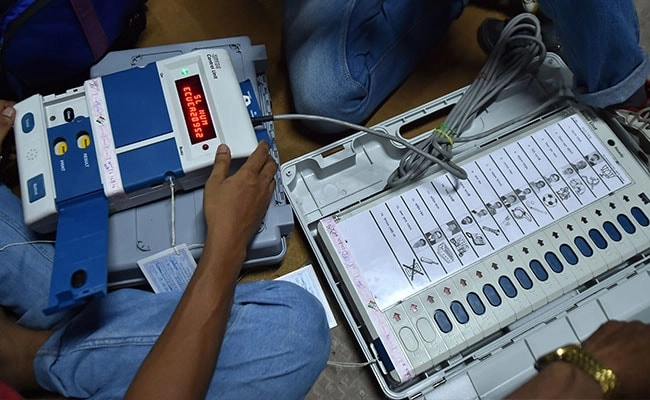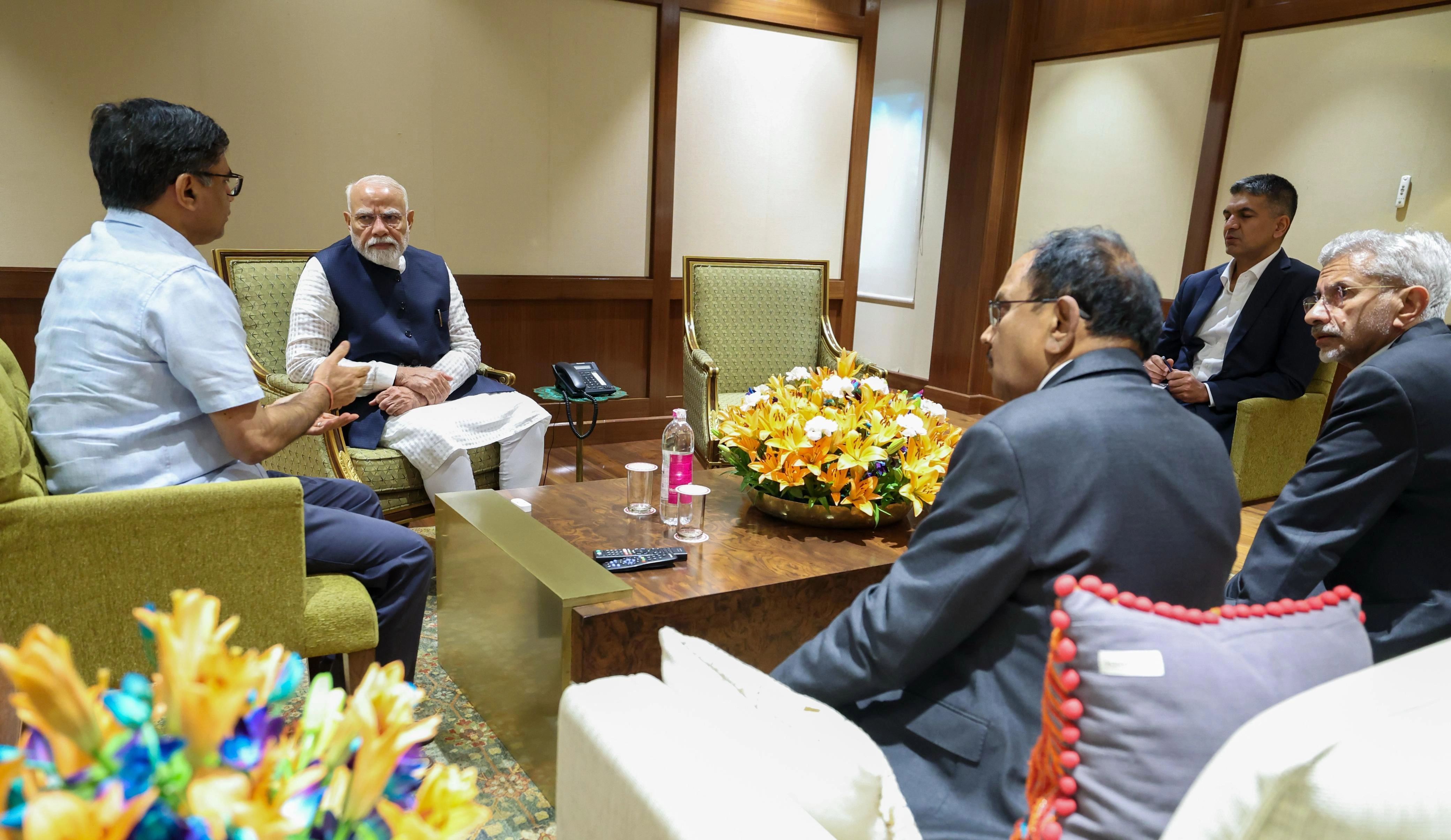In a significant ruling, the Supreme Court has mandated a recount of electronic voting machines (EVMs) and subsequently overturned the recently held Sarpanch elections in Haryana. This decision has far-reaching implications for the electoral process in the state, emphasizing the judiciary’s role in ensuring fair and transparent elections. The court’s order comes in response to allegations of irregularities and discrepancies in the voting process, raising questions about the integrity of the electoral system.
The Supreme Court’s intervention highlights the importance of maintaining public trust in democratic institutions. EVMs are designed to streamline the voting process and minimize human error; however, concerns over their reliability persist. The court has ordered that a thorough recount be conducted to ascertain the accuracy of the vote tallies, reflecting a commitment to transparency. This action illustrates the judiciary’s willingness to step in when electoral processes are called into question, thereby reinforcing the principle that every vote must be counted accurately.
In Haryana, the implications of this ruling are profound, as it not only affects the immediate electoral outcomes but also sets a precedent for future elections. The decision underscores the necessity for electoral bodies to adhere to stringent standards to ensure the credibility of the electoral process. As the recount process unfolds, it will be crucial for all stakeholders, including candidates and political parties, to cooperate in restoring faith in the democratic process. This ruling serves as a reminder that the electoral system must operate without bias and that the principles of democracy must be upheld rigorously.
As the situation develops, it remains to be seen how the recount will impact the political landscape in Haryana. Political leaders and constituents alike are closely monitoring the proceedings, as the outcome could lead to shifts in power dynamics at the local level. The Supreme Court’s decision not only seeks to rectify the immediate concerns surrounding the Sarpanch elections but also serves as a broader message about the necessity of accountability in governance and the electoral process. Ultimately, this ruling reinforces the notion that democracy thrives on transparency and fairness, critical elements for sustaining public confidence in electoral outcomes.




